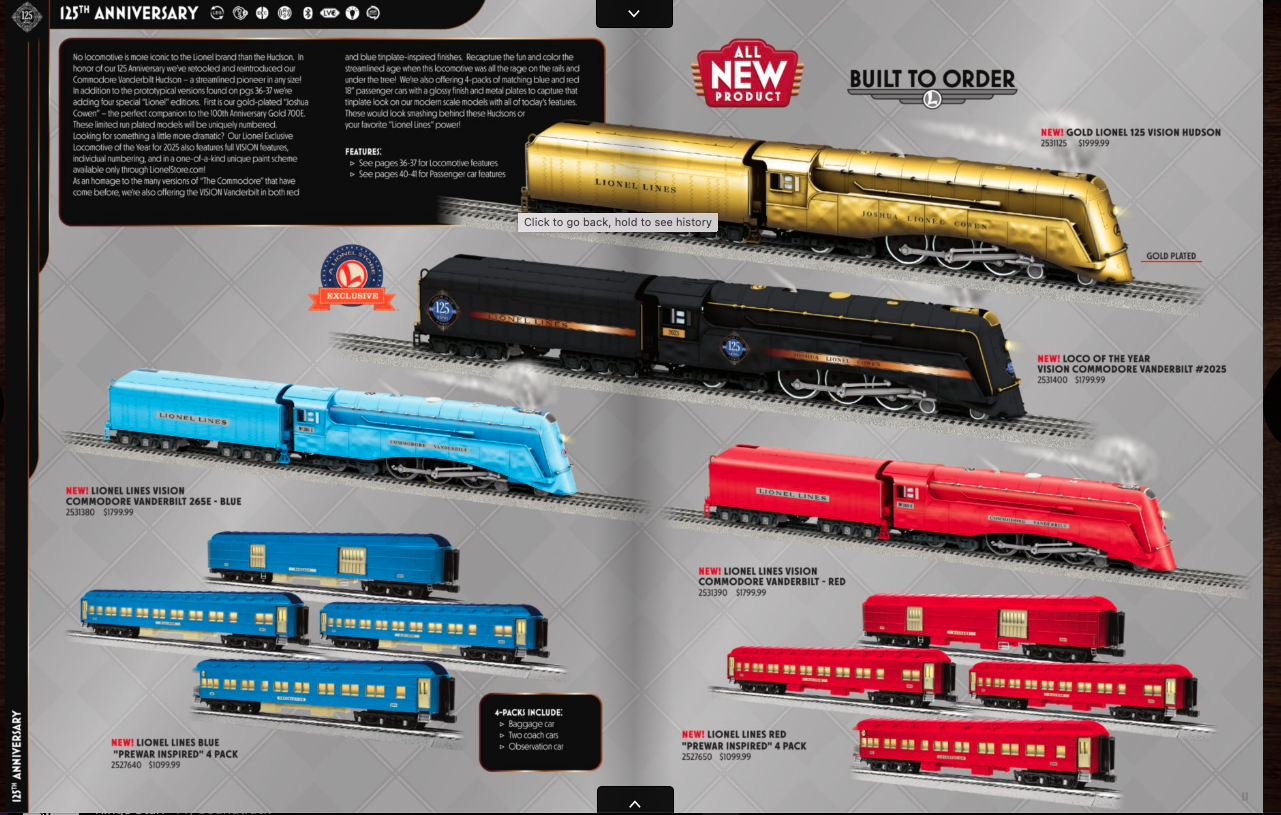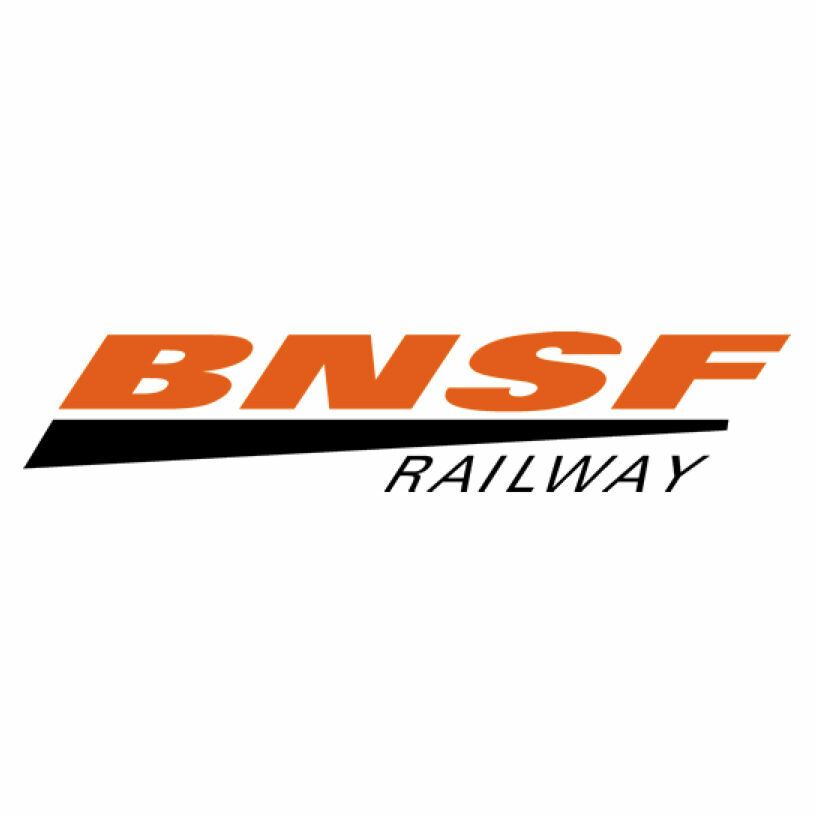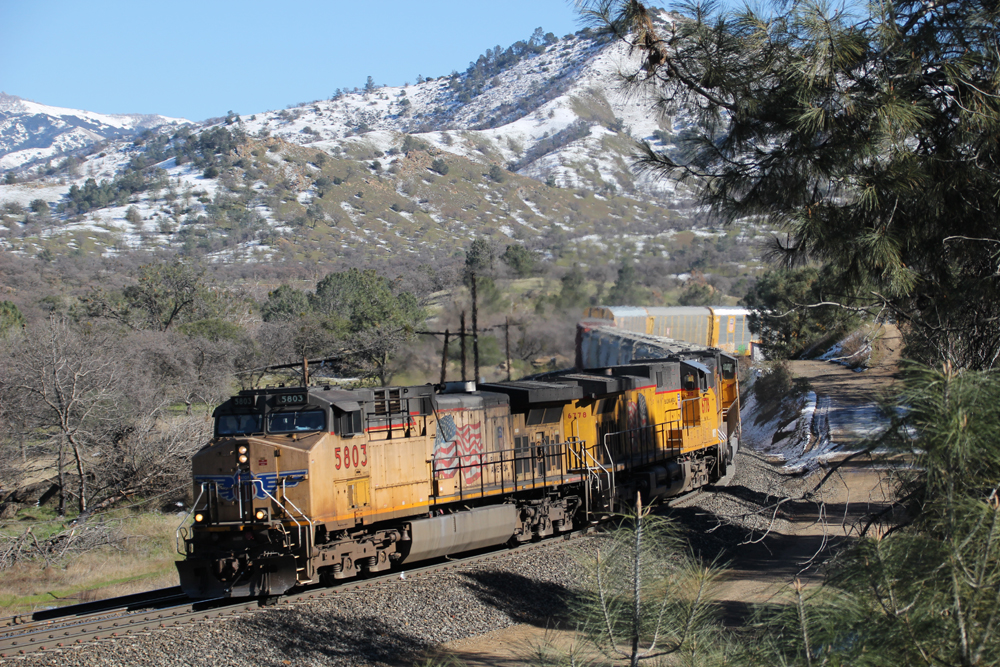The recommendation is a response to the February 2012 fatal wreck of a Toronto-bound VIA Rail Canada train in Burlington, Ont. Train 92 was going four times the posted track speed when it derailed and overturned while crossing from one main to another. Three VIA crew members were killed in the crash, and more than 40 passengers were injured.
Rail safety would be enhanced if locomotive voice and video recorder data could be collected and used for proactive safety management and accident investigation, Canada’s Transportation Safety Board said in a report released in September 2016.
Canadian Pacific, Canadian National, and VIA Rail all cheered the measure, which also has the backing of the Railway Association of Canada.
“Minister Garneau has shown tremendous political leadership with today’s announcement on inward-facing cameras, and I thank him for his commitment to safety,” CP CEO Keith Creel said in a statement. “Having the ability to use this technology in a proactive manner will allow us to prevent incidents and improve rail safety — further protecting the public, our employees, and the goods we transport for our customers.”
“Nothing is more important than safety, and CN strongly supports the advancement of inward facing cameras,” CN CEO Luc Jobin said in a statement. “Regulators on both sides of the border recognize the value of these devices. We believe this technology is a powerful and important tool in the investigative process to get to a better understanding of causation, which will lead to improved safety practices — something we all want.”
“Safety is a cornerstone of everything we do at VIA Rail. Accordingly, we welcome any effort that promotes safe rail operations,” VIA Representative Mariam Diaby says.
The proposed amendments to the Rail Safety Act would limit the purpose for which the data is used in order to address employees’ privacy concerns, Garneau said. Voice and video data would be used by Transportation Safety Board accident investigators. Railroads also could randomly sample the data to identify safety issues, to determine the cause of non-reportable accidents, and to address safety threats. Transport Canada also could access the data as part of safety studies and to ensure compliance.
If passed as expected, the measure would take effect in 2018.
Creel has advocated for inward-facing cameras for years, but only if the technology can be used in a proactive way to shape behaviors.
“By implementing [cameras] as a preventative, proactive, behaviour-changing tool we will promote safe behaviours and improve safety,” Creel says. “We recognize the need to use this technology in a way that is respectful of our employees, and are committed to working closely with government, regulators, and the unions to do so.”
Earlier this year, CP launched an awareness campaign that highlights the safety benefits of the proactive use of inward-facing cameras. CP uses inward-facing cameras in 50 of its locomotives in the U.S. The technology is also being used successfully by others in the U.S., with studies showing a 40-percent reduction in collisions per million miles travelled.
While Teamsters Canada has supported limited use of onboard cameras, the union is demanding an explanation of how workers’ rights will be protected, Doug Finnson, president of the Teamsters Canada Rail Conference, says in a statement released late Tuesday.
“Marc Garneau’s proposal is an unprecedented violation of Canadians’ privacy,” he adds. “How can he possibly think that workers aren’t getting the short end of the stick?”
Contrary to background information provided by Transport Canada, unions were not consulted prior to the announcement, according to Finnson. Suggesting there is consensus on the issue is wrong and unethical, he says.
Teamsters Canada, which represents train and engine crews, asserts access to recordings should be limited to government accident investigators. The proposed amendments to the Rail Safety Act would remove the legislative barrier to railroads accessing the recordings.
“Today was a complete surprise and a total disappointment,” Finnson says. “For a government that can’t stop talking about the middle class, they sure love listening to corporate lobbyists.” — William P. Diven contributed to this report.
UPDATE: Further comments from Teamsters Canada. May 17, 2017, 2:59 p.m. Central time.














Oh. Rights should have a period. Not a question mark.
I can see this legislation being struck down by a Federal judge here and they cite the Privacy Act. They might have them on in the States, but once those units cross the border into Canada, guaranteed, either they are off, or employees cover the cameras. Which is within their rights? Government has a problem, let a judge sort it out. By the way things look, and from past cases, it doesn’t look good for the government.
Using INWARD facing cameras for employee behavior modification and certainly seems to hang an implied threat over the effected employees. OUTWARD facing cameras would seem to be the better alternative,especially in grade crossing incursions and trespassers… Would settle a lot of those questionable stories about what happened…
I believe airline pilots’ union negotiations require cockpit voice recorder time to be limited to 30 minutes, then the recording starts over and erases the previous material. This provides a record in the event of a crash but preserves crew privacy beforehand.
These videos and especially voice recordings should only be available for accident investigations. Creel states his real goals which are “employee behavioral changes”. I’m an engineer myself and if you don’t think these railroads, especially CP, CSX, and NS will use these to fire employees, you’ve never worked for any of these companies. The adversarial and untrusting relationship between management and employee’s is unlike any other job. These RR’s will use these videos and recordings to spy on their TYE employees and fire those they want. Guaranteed. I have absolutely NO issue having these recordings, but they should only be used for accident investigation, NOT to change “employee behavior”. These will definitely lead to dismissals if the company can use them whenever they want.